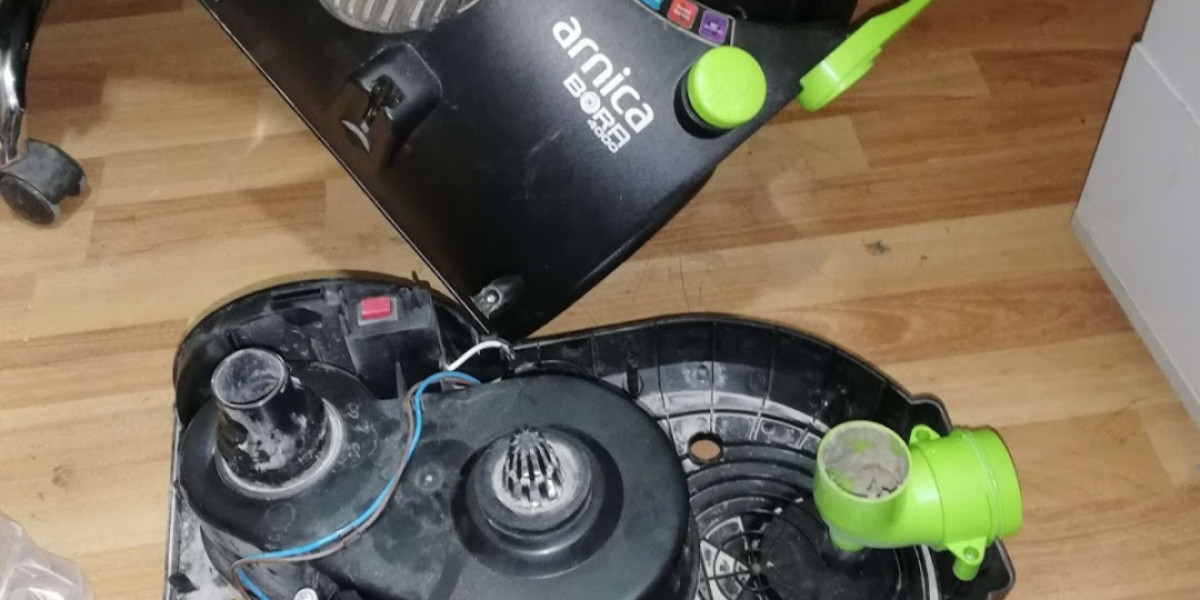Global Urinary Incontinence Treatment Devices Market to Reach USD 6.02 Billion by 2030, Growing at a CAGR of 6.58%
New York, USA – Straits Research, a leading market research and consulting firm, has unveiled its latest report on the Global Urinary Incontinence Treatment Devices Market. The market, which was valued at USD 3.39 Billion in 2021, is projected to reach USD 6.02 Billion by 2030, growing at a steady CAGR of 6.58% during the forecast period (2022–2030). The rise in urinary incontinence prevalence, technological advancements, and increasing awareness of treatment options are driving market growth.
Market Definition
The urinary incontinence treatment devices market focuses on medical equipment and tools designed to manage and treat involuntary urine leakage. These devices address various types of urinary incontinence, such as stress, urge, overflow, and functional incontinence. With a growing geriatric population and increasing incidences of urinary incontinence due to lifestyle disorders, this market is gaining significant traction globally.
To access a full PDF sample copy of the report, visit here.
Market Dynamics
Key Trends:
Technological Innovations in Urinary Devices:
Advancements such as electrical stimulation devices and minimally invasive urethral slings are enhancing treatment outcomes for urinary incontinence patients. Smart solutions incorporating AI and IoT are also being explored to improve patient comfort and monitoring.Rising Adoption of Home-Based Treatment Devices:
There is a growing trend toward home-based urinary incontinence devices, driven by patient preference for convenience and privacy. Portable, easy-to-use devices are particularly gaining momentum.
Market Drivers:
Increasing Geriatric Population:
The aging global population is one of the primary factors fueling the urinary incontinence treatment devices market. Older adults are more susceptible to urinary disorders, necessitating the demand for effective treatment devices.Rising Awareness and Healthcare Expenditure:
Greater awareness of urinary incontinence treatments, coupled with increasing healthcare spending, particularly in emerging economies, is driving the adoption of advanced devices.
Key Opportunities:
Growing Demand in Emerging Markets:
Emerging economies in Europe and Asia-Pacific are witnessing rapid adoption of urinary incontinence treatment devices due to improved healthcare access and rising disposable incomes.Advancements in Minimally Invasive Treatments:
The market is expected to benefit from the development of minimally invasive treatment devices that ensure reduced recovery times and better patient outcomes.
Market Segmentation
The Global Urinary Incontinence Treatment Devices Market is segmented as follows:
By Product:
- Urinary Catheters
- Urethral Slings
- Electrical Stimulation Devices
- Artificial Urinary Sphincters
- Others
By Category:
- External Urinary Incontinence Devices
- Internal Urinary Incontinence Devices
By Incontinence Type:
- Stress Urinary Incontinence
- Urge Urinary Incontinence
- Overflow Urinary Incontinence
- Functional Urinary Incontinence
By End User:
- Hospitals
- Ambulatory Surgical Centres
- Others
For a detailed breakdown of market segmentation, visit here.
Key Players in the Urinary Incontinence Treatment Devices Market
The competitive landscape is dominated by major industry players that focus on product development, technological advancements, and strategic collaborations to strengthen their market presence. The key players include:
- Boston Scientific Corporation
- Medtronic plc
- Coloplast A/S
- C.R. Bard, Inc. (now part of BD)
- Teleflex Incorporated
- Laborie Medical (Cogentix Medical Inc.)
- Johnson & Johnson (Ethicon Inc.)
- Cook Group Inc. (Cook Medical Inc.)
- Caldera Medical
- B.Braun Melsungen AG
- Hollister Incorporated
- Others
Regional Insights
Dominated Region – North America:
North America leads the urinary incontinence treatment devices market, owing to advanced healthcare infrastructure, high adoption of innovative devices, and significant healthcare expenditure. A growing geriatric population and rising awareness of urinary incontinence management further strengthen the region’s market position.Fastest Growing Region – Europe:
Europe is expected to be the fastest-growing region, driven by increasing awareness of urinary incontinence treatment options, favorable government initiatives, and expanding healthcare access in both developed and developing economies.
Conclusion
The Global Urinary Incontinence Treatment Devices Market is poised for significant growth, driven by technological advancements, increasing urinary incontinence cases, and growing awareness of available treatments. With North America maintaining its dominance and Europe emerging as the fastest-growing region, the market offers substantial opportunities for manufacturers, investors, and healthcare providers.
For more information or to customize the report before purchasing, visit here.
About Straits Research:
Straits Research is a globally recognized provider of actionable market insights and consulting services. With expertise across industries, we empower businesses to make informed decisions and achieve growth by delivering accurate data and strategic analysis.
Media Contact:
Straits Research
Website: www.straitsresearch.com








